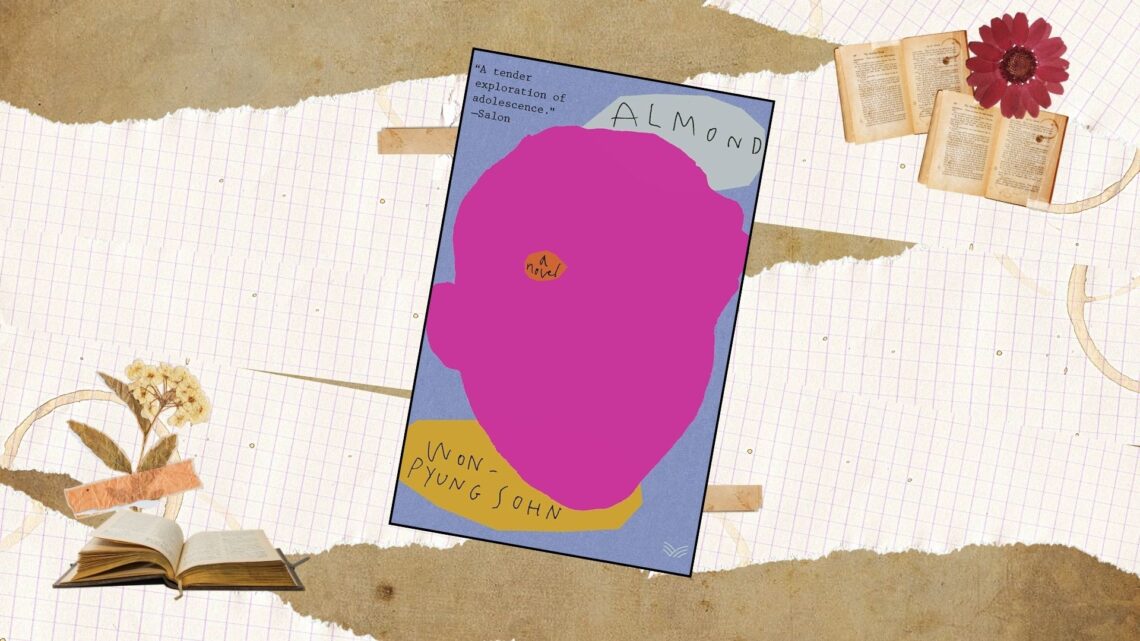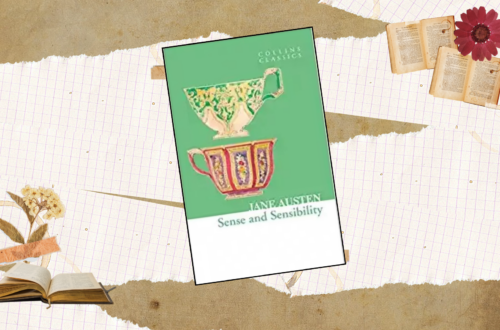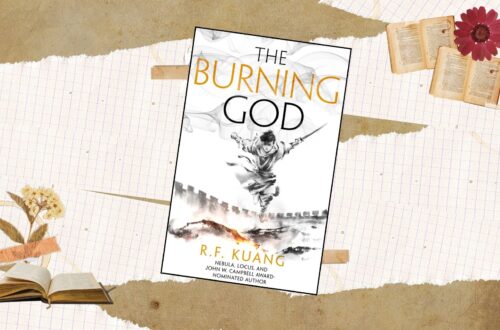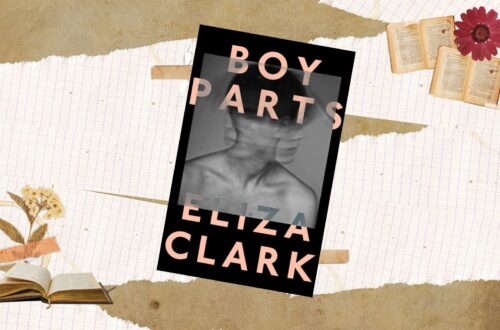I won’t tell you whether it has a happy ending or a tragic ending…neither you nor I nor anyone can ever really know whether a story is happy or tragic.
There is a melancholy that permeates through this entire book. It toes the line between alienation and friendship, hope and tragedy. Even when the neurodivergent character comes to what could be considered a “happy” ending, there is still a lingering sense of incompleteness.
Yunjae was born with a brain condition called alexithymia, which makes it hard for him to feel basic emotions. His family attempts to “cure” him, creating a world where he operates through the baseline rules created by his mother. When a tragic accident leaves him an orphan, he is suddenly alienated in a society that deems him irreparable.
Mom said everything was for my sake, calling it love. But to me, it seemed more like we were doing this out of her own desperation not to have a child that was different. Love, according to Mom’s actions, was nothing more than nagging about every little thing, with teary eyes, about how one should act such and such in this and that situation.
The story picks up the pace when Yunjae meets Gon, a violent, troubled teenager who seems to have the opposite problem: excessive emotions. The juxtaposition between the two creates a unique dynamic that ultimately changes the outlook of Yunjae’s character—and even his condition.
What I’ve noticed from Asian literature is that they seem to take advantage of troops, fashioning troops as characters rather than characters as troops. This adds a sense of surreal enigma to the characters surrounding Yunjae; Gon, the polar opposite of Yunjae, and Dora, an aloof girl who is able to look past Yunjae’s condition. The fact that Yunjae was affected by these two as greatly as he was hints at a sort of irony of him being unconventionally emotional, for giving him something different than the rules and conventions on which he was brought up. Through these means, there was a philosophical undertone to the chapters as well.
The use of these troops, mainly, is what contributes to the melodramatic tone of this novel. While some reviewers say the novel came together too perfectly, with his condition somehow being “cured,” I believe that the push that these character-troops provided was the sort of humanity he needed to defy and add a new dimension to his perceived “reality,” which was what broke his purely logical understanding of the world and forced him to open his eyes, rather than being immediately cured. In other words, he wasn’t cured, but his circumstances allowed him to develop his emotional awareness. This book was essentially a question of following conventionality without question or giving something new, despite it seeming frightening, a chance to find its own path.
There is no such person who can’t be saved. There are only people who give up on trying to save others.
Despite Yunjae’s condition, this short novel still manages to be tender and melancholy, an exploration and commentary on society’s focus on convention. Tragically beautiful and thought-provoking, there is so much more to this book than its surface, as there is more to Yunjae than his alexithymia.
~4 stars.





